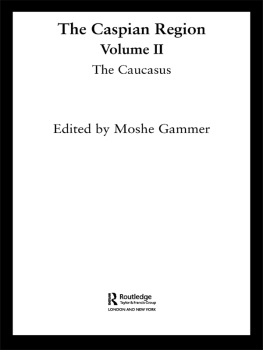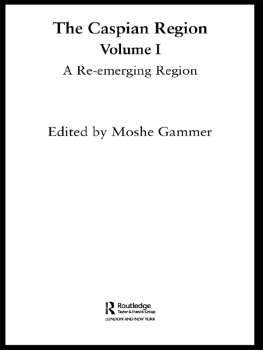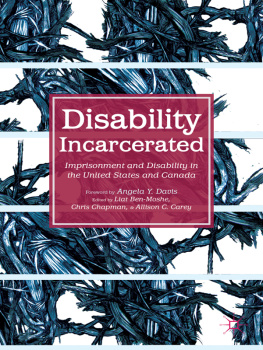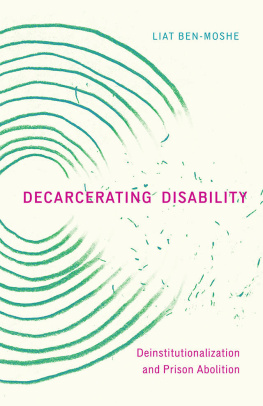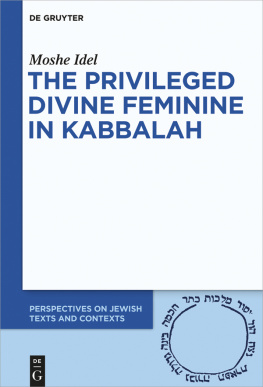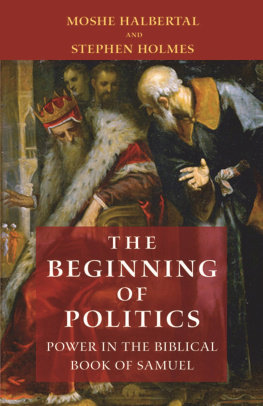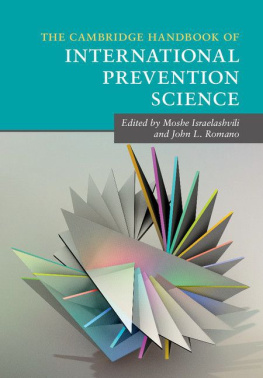Moshe Bar - Mindwandering
Here you can read online Moshe Bar - Mindwandering full text of the book (entire story) in english for free. Download pdf and epub, get meaning, cover and reviews about this ebook. year: 2022, publisher: Hachette Books, genre: Religion. Description of the work, (preface) as well as reviews are available. Best literature library LitArk.com created for fans of good reading and offers a wide selection of genres:
Romance novel
Science fiction
Adventure
Detective
Science
History
Home and family
Prose
Art
Politics
Computer
Non-fiction
Religion
Business
Children
Humor
Choose a favorite category and find really read worthwhile books. Enjoy immersion in the world of imagination, feel the emotions of the characters or learn something new for yourself, make an fascinating discovery.

Mindwandering: summary, description and annotation
We offer to read an annotation, description, summary or preface (depends on what the author of the book "Mindwandering" wrote himself). If you haven't found the necessary information about the book — write in the comments, we will try to find it.
Mindwandering — read online for free the complete book (whole text) full work
Below is the text of the book, divided by pages. System saving the place of the last page read, allows you to conveniently read the book "Mindwandering" online for free, without having to search again every time where you left off. Put a bookmark, and you can go to the page where you finished reading at any time.
Font size:
Interval:
Bookmark:
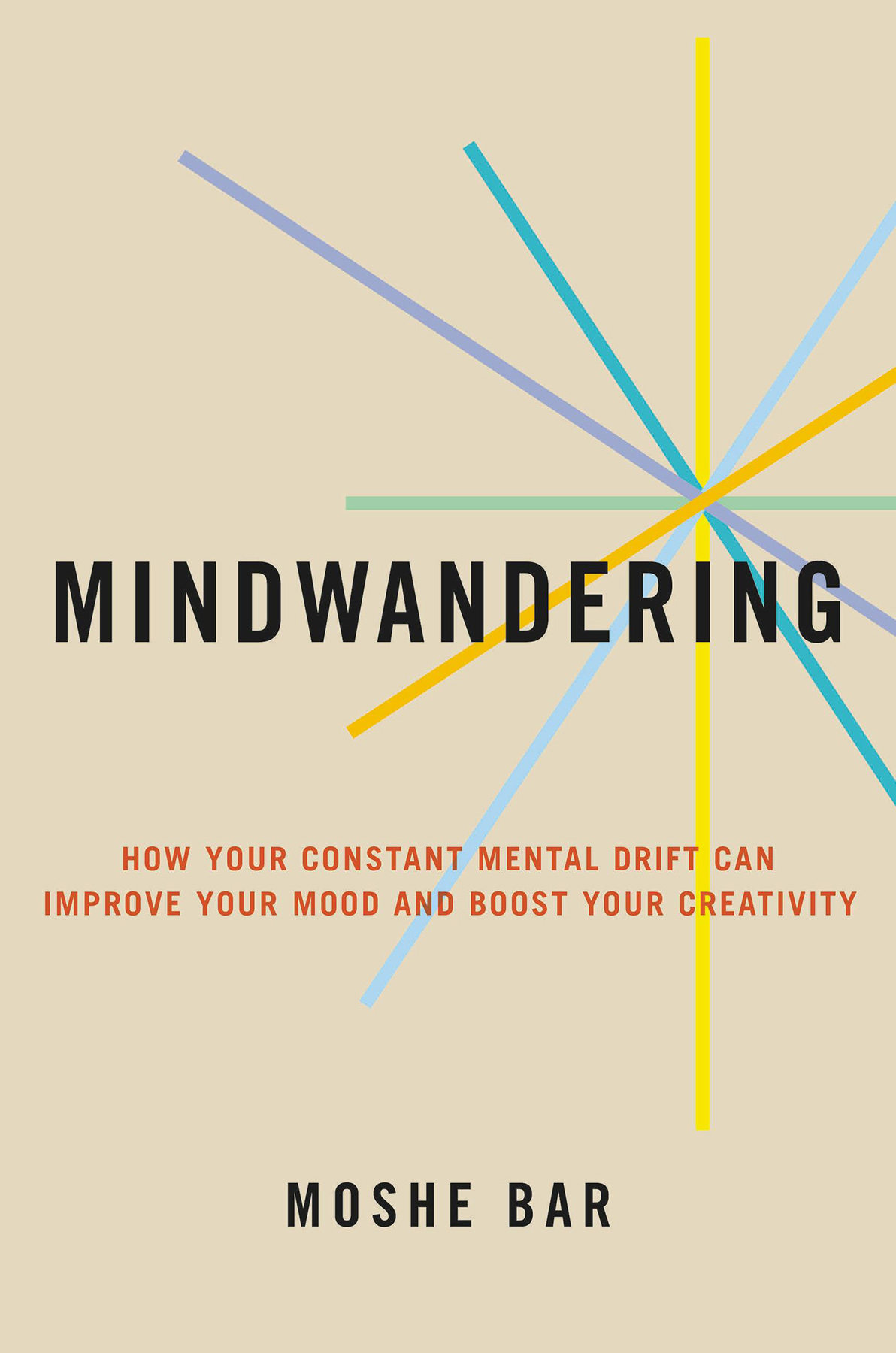
Mindwandering
This book evinces the intimate relationship between curiosity and creativity, mindwandering and mindfulness, agency and association, sentience and selfhood. It does so using a compelling mixture of personal narratives and high-end cognitive (and clinical) neuroscience; in which the author is wonderfully fluent (and internationally acclaimed). It is an addictive and eclectic read, crafted with a gentle and telling humor.
Karl J. Friston, scientific director, Wellcome Centre for Human Neuroimaging; professor, University College London
An important, entertaining, and instructive treatment. A gentle and humane book that should be read by everyone interested in the human mind and the human brain.
Andy Clark , professor of cognitive philosophy, University of Sussex; author of Surfing Uncertainty
A gold standard in neuroscience research is to prove links between brain activity and behavior. Bars analysis of mindwandering offers us a good broad-ranging stroll through all sorts of familiar human behaviors, provocatively locating them in relation to brain functions that he has spent decades studying. Highly accessible and entertaining, alternately personal and analytic, this lovely and stimulating book will make you appreciate your mind, and Bars.
Susanna Siegel , Edgar Pierce Professor of Philosophy, Harvard University

Copyright 2022 by Moshe Bar
Cover design by Terri Sirma
Cover copyright 2022 by Hachette Book Group, Inc.
Hachette Book Group supports the right to free expression and the value of copyright. The purpose of copyright is to encourage writers and artists to produce the creative works that enrich our culture.
The scanning, uploading, and distribution of this book without permission is a theft of the authors intellectual property. If you would like permission to use material from the book (other than for review purposes), please contact permissions@hbgusa.com. Thank you for your support of the authors rights.
Hachette Go, an imprint of Hachette Books
Hachette Book Group
1290 Avenue of the Americas
New York, NY 10104
HachetteGo.com
Facebook.com/HachetteGo
Instagram.com/HachetteGo
First Edition: February 2022
Hachette Books is a division of Hachette Book Group, Inc.
The Hachette Go and Hachette Books name and logos are trademarks of Hachette Book Group, Inc.
The publisher is not responsible for websites (or their content) that are not owned by the publisher.
Library of Congress Cataloging-in-Publication Data
Names: Bar, Moshe (Neuroscientist), author.
Title: Mindwandering : how your constant mental drift can improve your mood and boost your creativity / Moshe Bar.
Description: First edition. | New York : Hachette Go, [2022] | Includes bibliographical references and index.
Identifiers: LCCN 2021046543 | ISBN 9780306925306 (hardcover) | ISBN 9780306925290 (ebook)
Subjects: LCSH: Abstraction. | Cognition. | Subconsciousness. | Dreams. | Creative ability.
Classification: LCC BF365 .B37 2022 | DDC 153.2/4dc23/eng/20211104
LC record available at https://lccn.loc.gov/2021046543
ISBNs: 9780306925306 (hardcover); 9780306925290 (ebook)
E3-20211220-JV-NF-ORI
For my parents, Hila and Avi
T alking about sex, kink, and ADHD, Catie Osborn, an actor and a Shakespeare aficionado, confesses that before discovering the less conventional sexual practices of kinkiness, her mind would often drift during sexual activities. In an interview for Haaretz , she says that discovering kink and BDSM was a purifying moment for her, helping her connect her mind with her body. When you are blindfolded and your partner slides an ice cube over your body, or drips hot wax on your skin, you stop thinking about the noise from the air conditioner or the squeaking of the bed. You are all immersed in the real thing. Indeed, extreme experiences drag you in by calling for your undivided attention. But once youve learned to give in and let the experience take you, it no longer needs to be reserved for extreme situations anymore. Imagine how your life could feel if eating a blueberry would be just as immersive as kink sex with hot wax on your skin, sucking in your entire mind. Immersion is a gift waiting inside our brain.
We all know how insistently mindwandering can hijack our attention, and as our lives have become so much more frenetic, people are increasingly worried about the quality of their mental experience; not just their ability to focus and get their work done, but their ability to enjoy their lives, to be truly, deeply engaged in them. I learned just how concerned they are when an op-ed I wrote, titled Think Less, Think Better, was published by the New York Times a few years ago. In it I considered how much we overlook, not just about the world, but also about the full potential of our inner life, when our mind is cluttered. As resonant as the piece was, it didnt touch on the important insights I have to share about why our minds wander and how their preoccupations are actually vital to our well-being even though some of our mindwandering is indeed harmful.
So much attention has been paid to ways to unplug from the bustle, and thats absolutely to be commended. Ill share my own positive experiences with doing so in silent meditation retreats. But as a series of discoveries in neuroscience over the past several decades have revealed, the greater challenge is freeing ourselves from the distractions within, which disrupt our attention and intrude on the quality of our experience even when we are in a perfectly quiet place. In fact, they may do so even more in times of quiet.
Research has revealed that our brains are inherently active. A number of brain regions connected in whats dubbed the default mode network (DMN) are always grinding away, engaged in a number of different involuntary activities that neuroscientists collectively call mindwandering: from daydreaming to the incessant self-chatter and from ruminating about the past to worrying about the future. The brain regions most often identified as being part of the DMN include the medial prefrontal The logic of evolution suggests there must be something beneficial about it, and over the course of the past couple of decades, I and my neuroscience compatriots have identified a core set of its important functions.
One line of research has shown that some of the default activity is concerned with developing our sense of self, through all sorts of cogitating and monitoring. Another line of research has found that a good amount of the DMNs activity is involved with assessing other people, which is dubbed Theory of Mind (ToM), trying to sort out what others are thinking and what they think of us.
As these findings began coming out, I was initially puzzled about how on earth my own discoveries about the DMNs activity fitted with these other functions. My research then focused on something quite differentvisual cognitionand I found the DMN was highly involved in the process. I was trying to figure out how we piece together clues in the visual environment to construct an understanding of what were seeing. In one such study, I would ask subjects to identify ambiguous objects that I had somewhat obscured in photos. As it turned out, if I showed them, say, a fuzzy image of a hairdryer in the setting of a bathroom, they would identify it as a hairdryer, but if I embedded the same fuzzy hairdryer image in the setting of a workbench, surrounded by a lot of tools, they would identify it as a drill. by making associations between them and the things around them. Why would the same brain network involved in that associative activity also be engaged in developing a sense of self and Theory of Mind skills?
Font size:
Interval:
Bookmark:
Similar books «Mindwandering»
Look at similar books to Mindwandering. We have selected literature similar in name and meaning in the hope of providing readers with more options to find new, interesting, not yet read works.
Discussion, reviews of the book Mindwandering and just readers' own opinions. Leave your comments, write what you think about the work, its meaning or the main characters. Specify what exactly you liked and what you didn't like, and why you think so.


